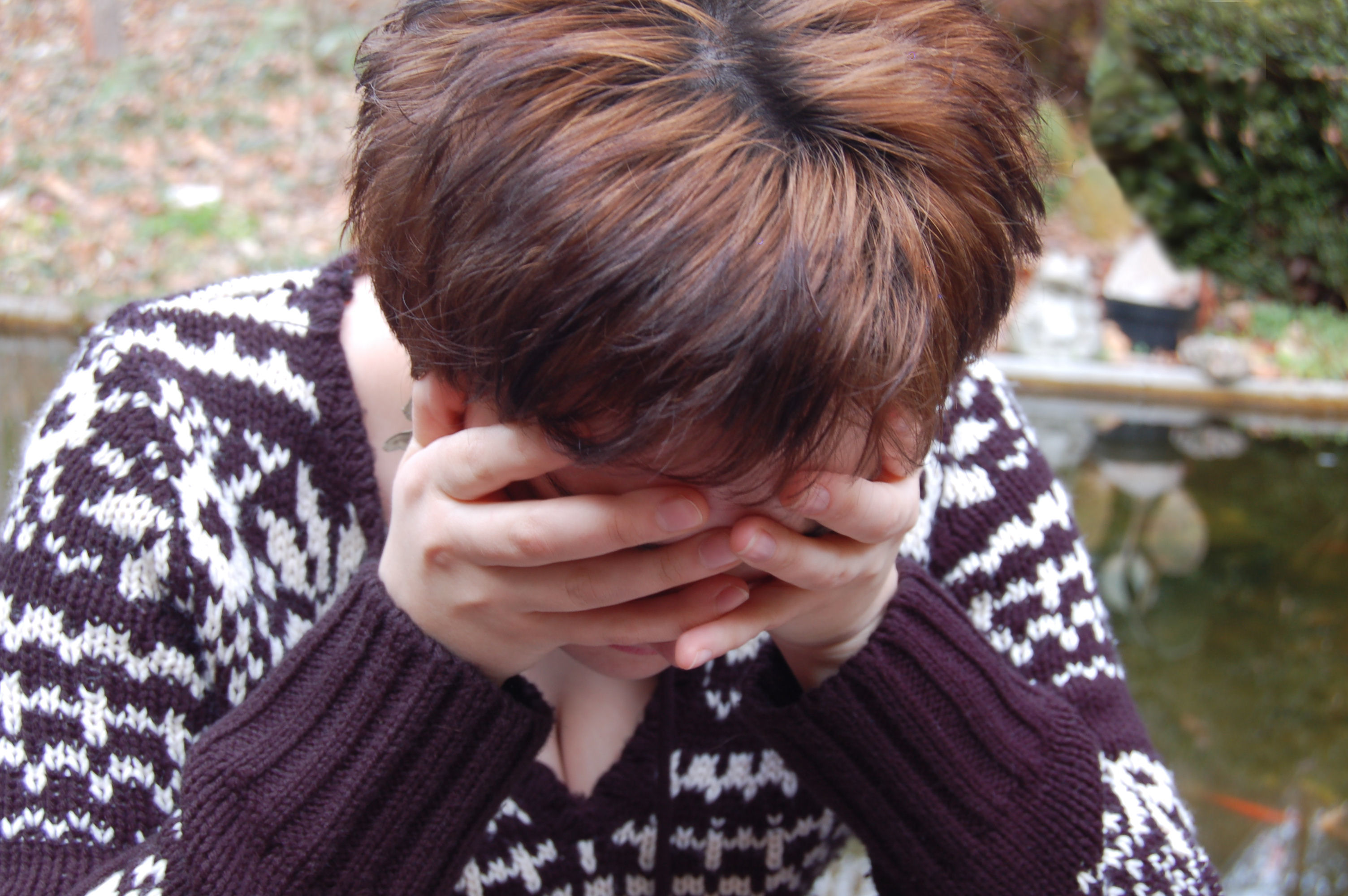
MONDAY, May 17 (HealthDay News) — Children who experience psychological disorders such as depression and substance abuse appear to be headed for a financially depressed adulthood, new research suggests.
Those who experience mental health difficulties as youngsters are less likely to get married or maximize their educational opportunities, and they are also likely to see their lifetime income diminished by as much as 20 percent, the study authors found.
The research, released online in advance of publication in an upcoming print issue of Social Science & Medicine, is the first of its kind, the authors noted.
“This study shows childhood psychological disorders can cause significant long-lasting harm and can have far-reaching impact on individuals over their lifetimes,” study author James P. Smith, corporate chair of economics at the non-profit RAND Corp., said in a news release.
The research team’s observations were gleaned from general data and a 2007 survey gathered by a large ongoing study that tracked 5,000 American families for four decades.
The study included siblings from the same family, which permitted a comparative look at brothers and/or sisters with and without psychological problems during childhood.
The study revealed that 6 percent of the participants had coped with psychological problems as children. Four percent said they experienced depression, and 2 percent abused alcohol or drugs. Another 2 percent said they had dealt with other psychological issues.
Those with a history of psychological difficulty while young earned an average of more than $10,000 less per year as adults compared with their trouble-free siblings.
Extrapolating on this figure, the authors suggested that if one assumes that one out of 20 adults has suffered from some form of psychological difficulty when young, then the cost across the lifetime of all Americans is more than $2.1 trillion.
Those with a troubled childhood were found to be both 11 percent less likely to marry and a half-year behind the curve in total schooling, the researchers found.
The authors suggested that recurring mental issues could explain their findings, given that more than one-third of children with psychological problems go on to have adult issues as well.
“Not all of the people who have psychological problems during childhood will carry these problems into adulthood. But they are 10 to 20 times more likely than others to have these shortfalls during adulthood,” Smith said.
“Our findings illustrate what the enormous potential might be of identifying and treating these problems early in life,” he added.
More information
For more on childhood mental health, visit the U.S. National Institute of Mental Health.

